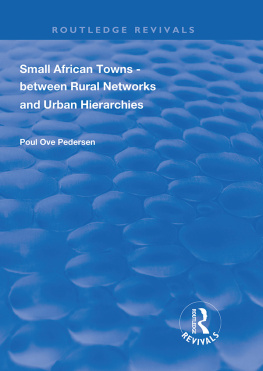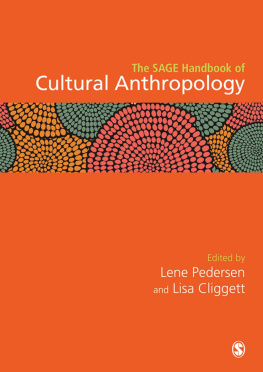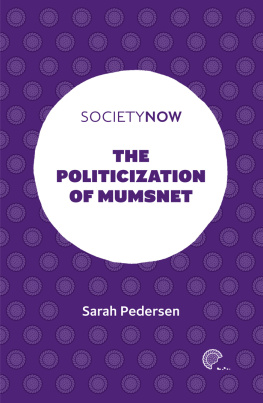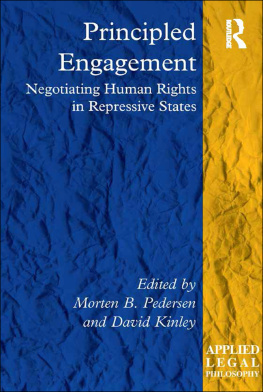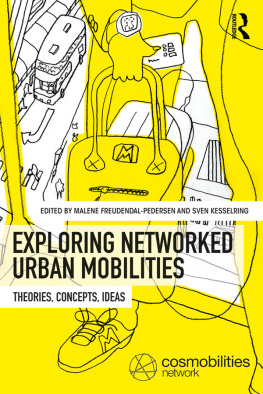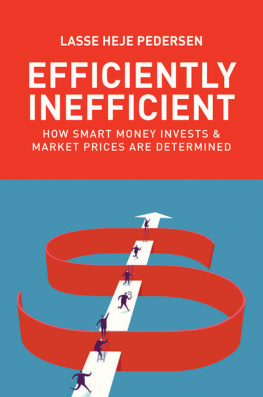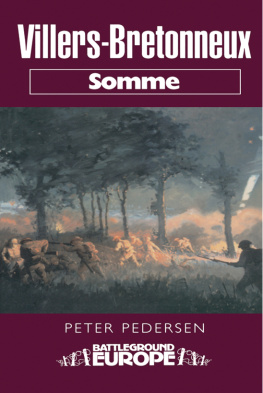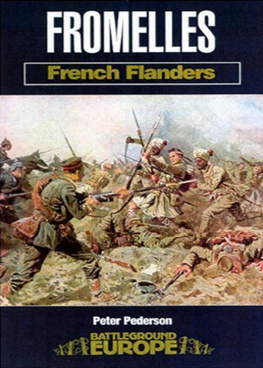Thomas Pedersen
WHEN CULTURE BECOMES POLITICS
European Identity in Perspective
Dedicated to the memory of my mother
PREFACE
The first seeds of inspiration for this book were in a sense sown in 1980 on the Altiplano of Bolivia. I was spending some time in Latin America as a kind of existential journey. One day I reached for a book to read and picked up a slim, second-hand volume I had bought in a marketplace along the way to Bolivia. It was a book on personalism by Emmanuel Mounier. This book with its deep, philosophical interest and quite original conception of individuality spurred me on in later years pushing me in the direction of theoretical debates and inter-disciplinary research. My early academic career went in a different direction though, but I subsequently returned to the issues raised by Mounier. My interest in philosophy was recently reawakened in connection with my research on European identities and European culture. I was puzzled by the way culture tended to be defined unquestioningly in collectivistic and holistic terms. I had to ask myself the question: Is not culture increasingly a matter of personal in part philosophical choice and individual expression? If so, this also pointed towards a new personalized understanding of nationality.
The book was written in the most inspiring of settings: Most of it was written in Estonia, the crossroads between East and West and a window on the new Russia. It immediately raised the question of whether Russia belongs to Europe. Having embarked upon the analysis of European identity, I soon discovered that the problems looked different from the perspective of the new Europe than from Copenhagen or Bruxelles. To be able to live and work in the Baltics for an extended period has been a great opportunity for me, not only in personal but also in professional terms. Politically and economically Western, Estonias culture represents one of the rare plants in the European garden. The Estonian language forms part of the Finnish-Ugrian language group, and apart from Finnish and Hungarian, it has no linguistic family in Europe. For a West European it is a very difficult language to learn. It is however also a very charming language, illustrating the richness of European diversity. And yet, even Estonian carries the luggage of the European cultural legacy: Naturalism is naturalism in Estonian as well as in English.
Let me take this opportunity to thank my colleagues at Tartu University and Audentes International University in Tallinn, who provided me with excellent working conditions and also helpful comments, and who showed admirable patience. I am also grateful for being granted leave from my position as an associate professor at the Department of Political Science at the University of Aarhus, Denmark. Although in the main and in keeping with its tenets this book is very much an individual product, testifying to the continuing existence of freedom of expression within our embattled universities, I have benefited from useful discussions with, among others, associate professor Per Mouritzen, University of Aarhus, Dr Maurice Fraser, the London School of Economics, and Dr James Hughes, also from the London School of Economics. I moreover received helpful written comments from referees. The responsibility for the content of the book and its conclusions remains, however, entirely my own. Let me also say a word of thanks to the various student assistants and secretaries, and not least to my publishers at Aarhus University Press, who along the way provided indispensable help, and whose professionalism and patience in the face of academic delay often impressed me. Finally, thanks to my two children, Ida and Simon Emil, who provided unflinching support and encouragement along the sometimes bumpy road towards publication of this work.
Thomas Pedersen,
Tallinn,
September 2008
1. INTRODUCTION
This book is essentially about the element of personal choice in cultural affiliation with Europe. Europeanness is not about institutions. It is essentially about ideas. This is in keeping with the approach adopted by contemporary, American analysts such as Robert Kagan and Jeremy Rifkin. It is interesting to note that both see the EU as representing a coherent societal model a kind of creed and one that is at variance with the American. The two books reflect the tendency for Americans to focus on the big picture, but also their ability to avoid getting lost in the quagmire of details. There may be a tendency for American analysts to describe Europe in overly ethnocentric terms seeing a common European creed, because they are used to thinking in terms of an American creed. But this does not change the fact that the approach of American scholars and commentators is often refreshing and a source of inspiration for European scholars mired in the insider-language of the EU.
Robert Kagan starts out with the claim that it is time to stop pretending that Europeans and Americans share a common view of the world.
Culture and identity used to be the preserve of a small elite, whose rituals, preaching and teaching the masses were simply expected to absorb. In the age of globalization this is no longer a fitting description. Increasingly, at least in the Western world, culture and identity are linked to democracy, to the point where fundamental questions about the concepts of political identity and culture have to be asked. This book explores the sources of national identity and the possible sources of a common European identity and examining the degree to which such a common identity exists in Europe today, it tries to assess the support it enjoys. In this connection I undertake a comparison with other civilizations and with selected national polities. But my ambition is wider: I use the problem of a European identity as a launching pad for asking some more fundamental questions about the nature and sources of human identity, and about the nature of Political Man.
I am of course not alone in taking an interest in problems relating to culture, identity and religion. In fact, at least within the field of International Relations one has in recent years witnessed a cultural-religious turn reflected in a growing body of research and theoretical debate. A good example is Scott M. Thomass recent volume, The Global Resurgence of Religion and the Transformation of International Relations, in which the author shows how culture and religion influences international relations. The book itself, though, is mainly about the role of religion. Culture is mentioned time and again but is not analyzed as a separate issue. As I find this a major shortcoming, my book can be read as an attempt to fill this gap.
European identity is one of the most complex phenomena within European studies and social science. It involves i.a. clarifying some difficult conceptual questions and finding solutions to fundamental problems of measurement. I would not go as far as embracing the view of Adrian Fawell that the language of identities is above all else the province of politicians and pundits: the folks who invoke identities precisely to build collective power, and to blur and mystify the underlying reasons why individuals engage in collective, social cooperation, interpersonal relations, or personal identification. But he has a point. The discourse about identity can be used as legitimating ideology and by all sorts of actors. These problems come on top of inherent difficulties involved in studying the EU, notably the need to draw upon several different disciplines.




